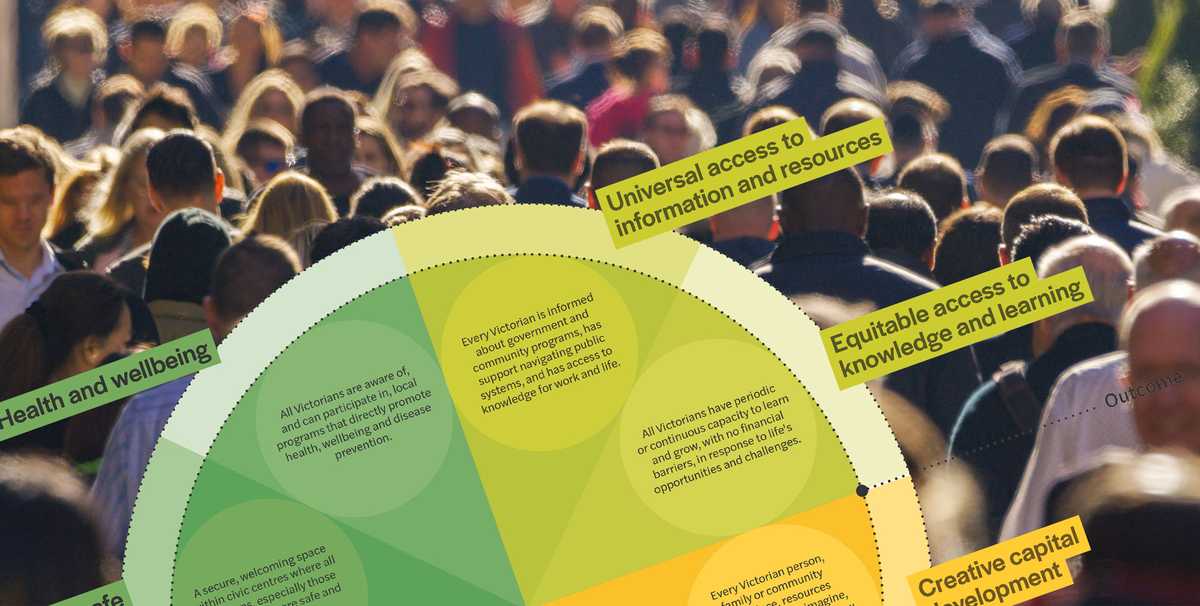
The increasing requirement for ESG reporting, driven by investors and boards, is achieving important changes in how companies understand their impact.
Companies all need to demonstrate an awareness of, and action on, social and environmental issues – but most don’t know how to do that profitably.
Business leaders are grappling with how to create value from investment in measurement and reporting; to use ESG as a framework for innovation that creates business value as well as social and/or environmental value (‘shared value’).
Materiality assessments decide topics aligned to reporting. So, choice of topics also decides the focus areas for innovation.
Several of the dominant reporting frameworks include worker mental health as an addressable theme: SASB, Global Reporting Initiative, ISO Standards and B Corp Impact Assessment. The Integrated Reporting Framework and WEF Stakeholder Capitalism frameworks omit it.
This is not surprising given the financial benefits that can be realised by companies from achieving improved worker mental health.
According to Forbes, in 2021 more than 3,000 signatories to the Principles for Responsible Investment (PRI) indicated mental health as one of the top social issues they would prioritize.
Investment in mental health can be seen on a spectrum, from promotion to strategy, job redesign, system change, behaviour change and resourcing of training and support programs.
Every organisation is different, even if operating in the same industry.
Mental health strategy and initiatives need to be co-designed with employees, addressing the context and requirements of different role types and job functions.
The exercise not only improves mental health, but also strengthens culture and employee engagement.
Why invest in mental health?
- It’s the law (if you haven’t already, get up to speed on the new regulations relating to psychosocial hazards in the workplace (each state has its own, here we share Victoria’s)
- Managing and mitigating health and wellbeing risks are core governance considerations
- Mentally healthy people are better workers: productive, creative, and resilient to change
- Recruitment and retention of the best talent in an extremely tight labour market
- Better customer experience, particularly in service businesses where happy staff mean happy customers
- Competitive advantage
The Productivity Commission mental health inquiry estimated that mental illness is conservatively costing Australia about $200 billion a year, or about a 10% of the size of the Australian economy. That is staggering.
It also found negative mental health among workers costs employers up to $39.1 billion in lower participation, absenteeism and presenteeism (people showing up to work but unable to be productive). So, the business case is clear.
Measuring what matters.
Mental health is viewed by most organisations as a problem to fix rather than an asset to nurture. It is addressed when problems arise.
Our research for leading mental health organisations consistently reveals that Australians associate the term ‘mental health’ with illness or short-term challenges. This has to change.
Measurement needs to evolve to include ‘positive’ metrics that, linked to other measure such as productivity.
A good place to go for inspiration is the Superfriend Indicators of a Thriving Workplace index. Also, you can engage with the dialogue and work to establish standard metrics, for example through the Corporate Mental Health Alliance of Australia and National Workplace Initiative.
Importantly, mental health impacts extend beyond the organisation to communities in which workers live. Companies can consider measurement of that impact in addition to workplace measures.
Mental health is a major challenge for Australia.
The Australian Bureau of Statistics, National Study of Mental Health and Wellbeing data released in July 2022, found that over two in five Australians aged 16-85 years (43.7% or 8.6 million people) had experienced a mental disorder at some time in their life. One in five (21.4% or 4.2 million people) had a 12-month mental disorder.
Large employers can be certain that within their workforce there are people experiencing a mental disorder, and it is impacting their work and probably their colleagues’ work too.
As most Australians are workers, workplaces represent a defined space in which to understand and improve mental health.
Companies can create business value, while contributing to positive social impact beyond the workplace.
For large organisations, that means communities in which customers reside, strengthening the company’s value proposition and ‘social licence’.
Investing in workplace mental health makes good business sense.
It also demonstrates to investors, especially longer term committed investors such as superannuation funds, that the company is serious about addressing the S in ESG, and extracting value from its social investment.
How we can help.
Ellis Jones delivers research, innovation, strategy and communication services to companies and government organisations at the national and state levels.
Mentally healthy work is one of our four challenge areas.
These are issues that affect every organisation, as well as the places and communities in which they operate. And it is these issues that we have invested in understanding, building our knowledge, practice, and expert collaborator network to create shared value: economic, social and environmental.
We believe a mentally healthy workplace is the right of every person. Not only that, but every person should thrive at home and work.
As commonly accepted definitions of workspace and work hours are bent or remade, so too must the parameters of organisational and personal responsibility for mental health adapt.
Every organisation needs to understand and act on mental health.
Examples of how we can help are:
- Employee research and mental health strategy development
- Behaviour change communications
- Co-designing initiatives with different employee cohorts
- Learning design to produce education content that scales in intensity with the maturity of the workforce
- Impact framing, measurement and reporting
Read about our work with the National Mental Health Commission and SafeWork NSW. As well as our reporting work for Cleanaway and ARENA.

